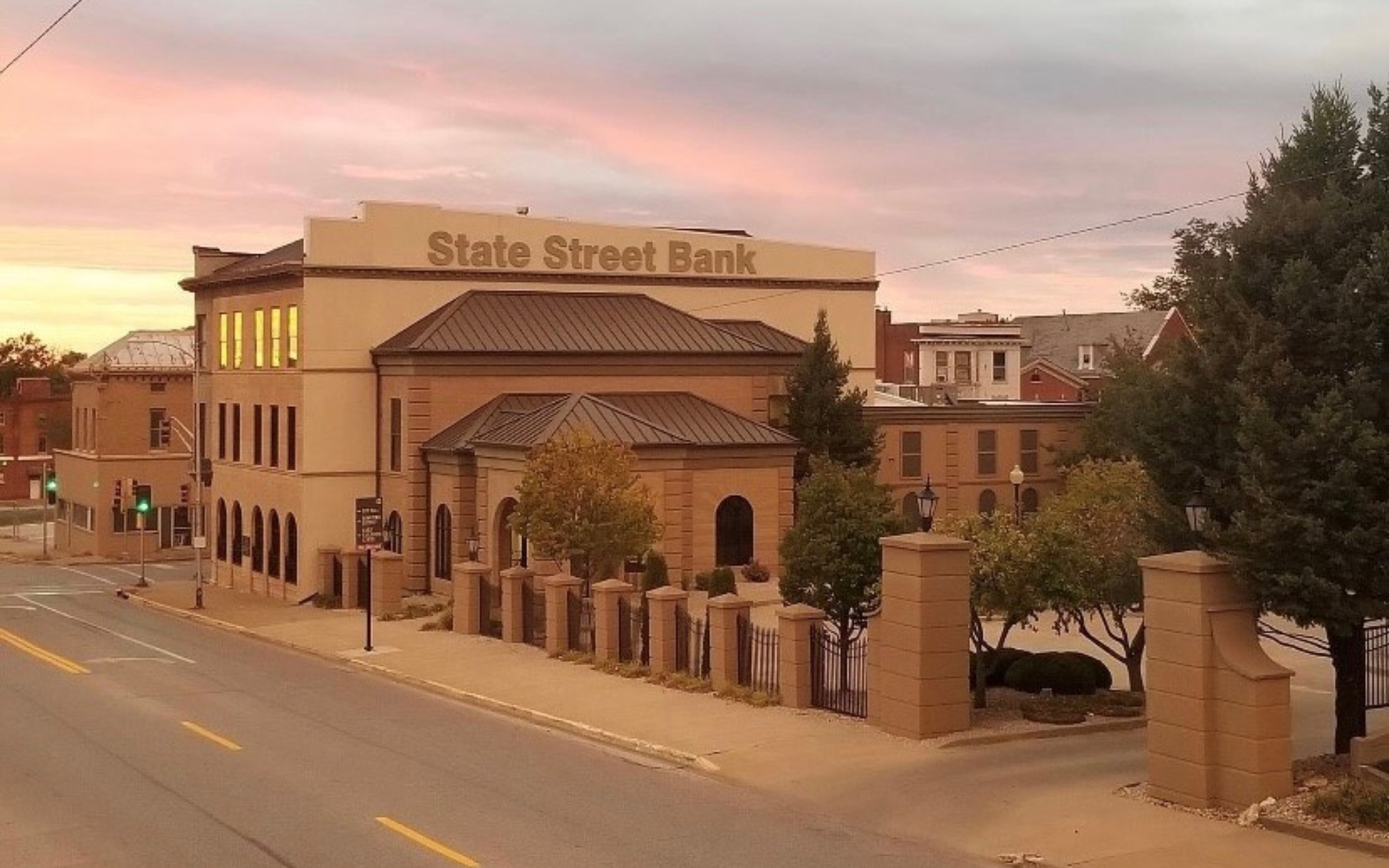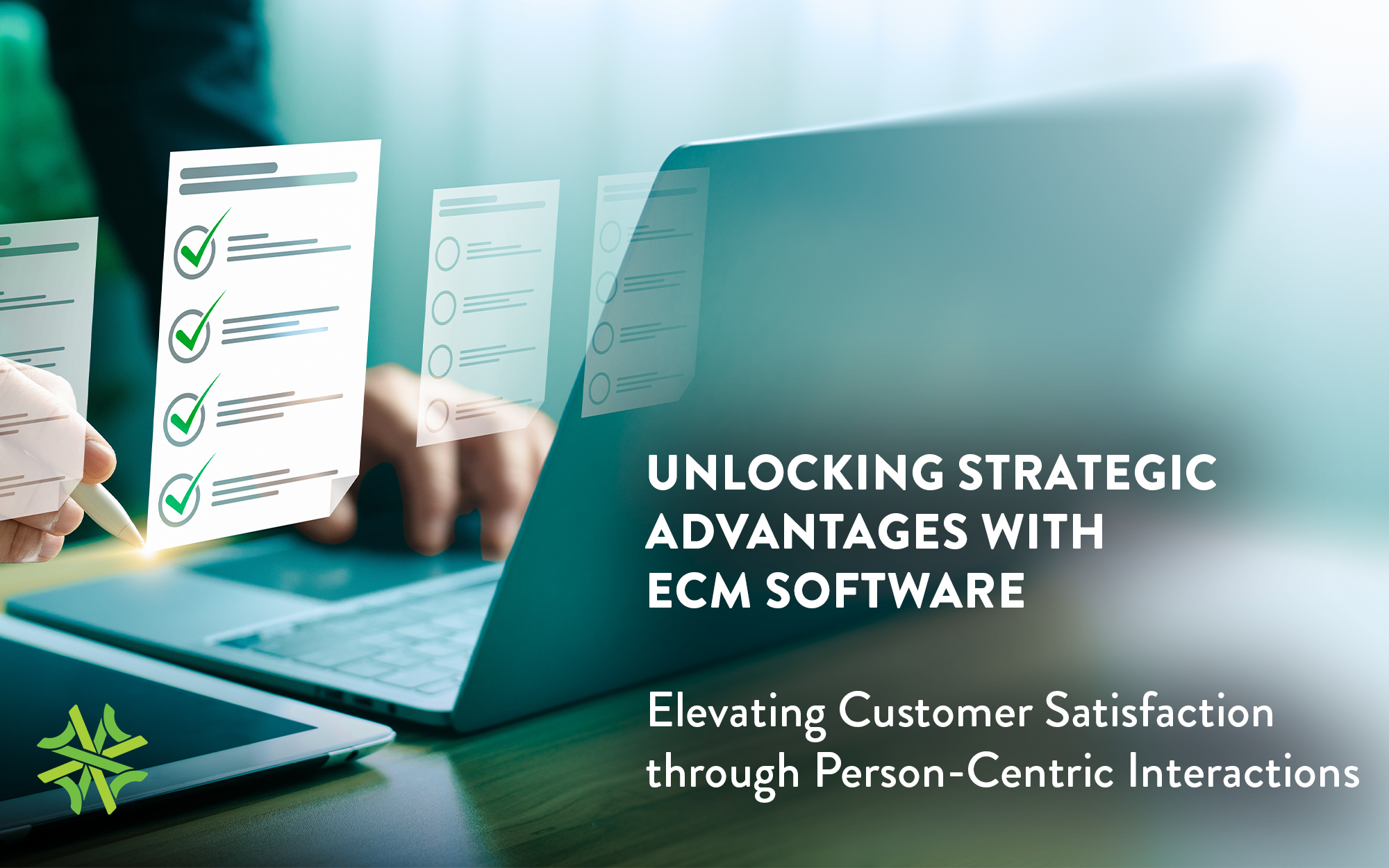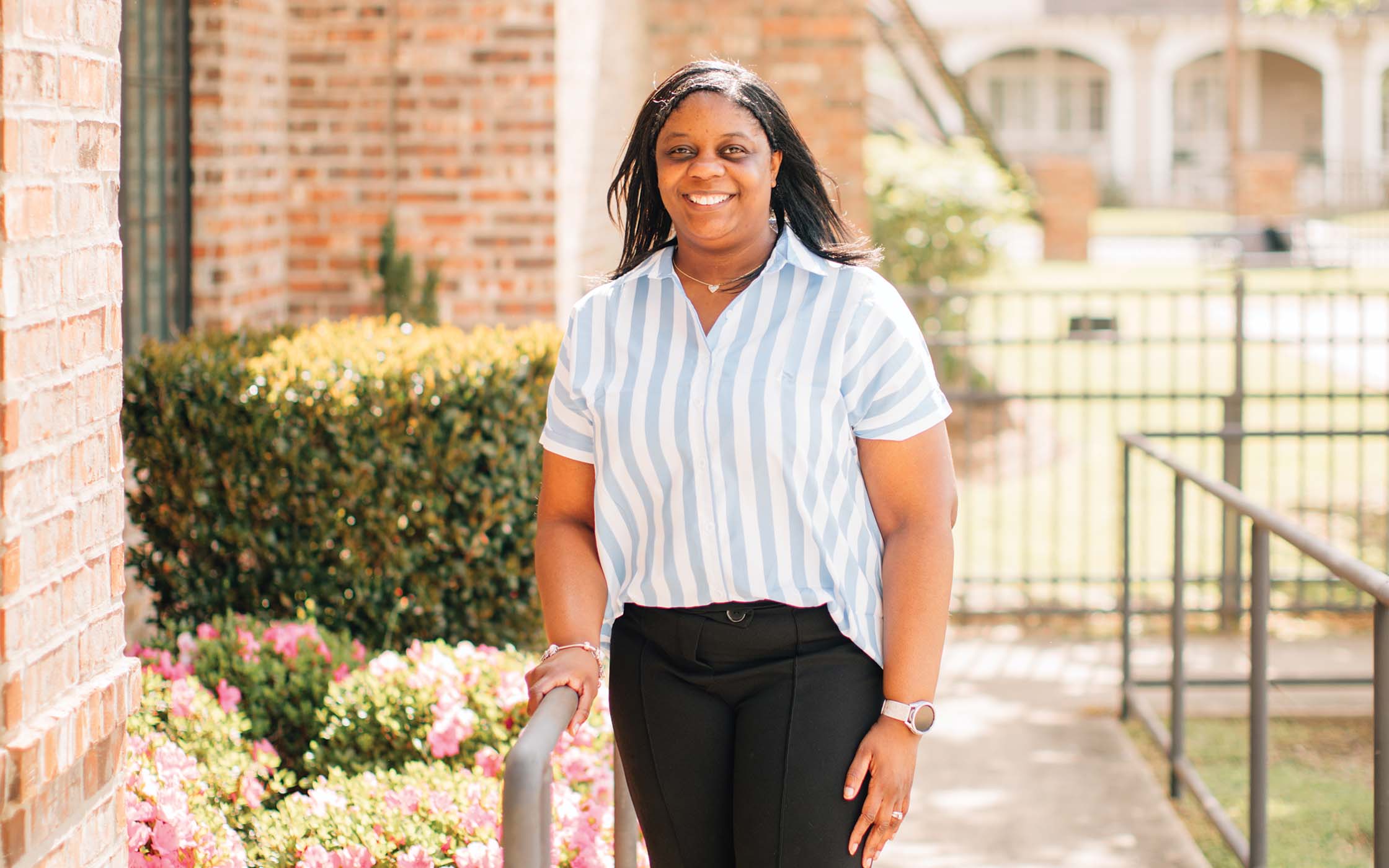People
40 Under 40: 2025's Community Bank Leaders
Our seventh annual 40 Under 40 community bank leaders awards shine a light on inspiring people who take bettering their workplaces to the next level, offering thoughtful ideas for improved efficiencies, digital innovations, community involvement and more. No matter the challenge, these individuals put in the work.

Read the Digital Edition
- 2025's 40 under 40 leaders
- Traits of successful bank leaders
- Marketing through every season
Sponsored Articles
Main Street Matters
Advocacy: Industry Issues
At Halfway Point of 2025, ICBA Marks Significant Advocacy Successes
Financial Analysis
Vigilante justice?
Executive Leadership/C-Suite
Navigating Employee Retention: Staying Competitive in a Changing Market

Be the first to know about the latest issue!
Sign up for Independent Banker eNews to receive twice-monthly emails that alert you when a new issue drops and highlight must-read content you might have missed.
Latest Insights
Compliance & Risk
Creative Solutions for Fortifying ATM Defenses
Payments & Tech
Jacob Eisen: A Can't-Miss Business Card Opportunity
Payments & Tech
Payments & Tech
What Innovative Advantage Does Cloud Lending Give Community Banks?
Community banks are using cloud technology to improve efficiency and enhance customer convenience. See how cloud lending is transforming operations for banks and borrowers alike.
Payments & Tech
Jacob Eisen: A Can't-Miss Business Card Opportunity
Payments & Tech
Maximizing Profitability with Today's Point-of-Sale Tech
Payments & Tech
Charles Potts: Turning Strategy Into Success With the Right Tech
Payments & Tech
Jacob Eisen: Changing for the Better
Columns
Lending
Compliance & Risk
Compliance & Risk
Creative Solutions for Fortifying ATM Defenses
Compliance & Risk












.png?sfvrsn=57b4e317_1)











